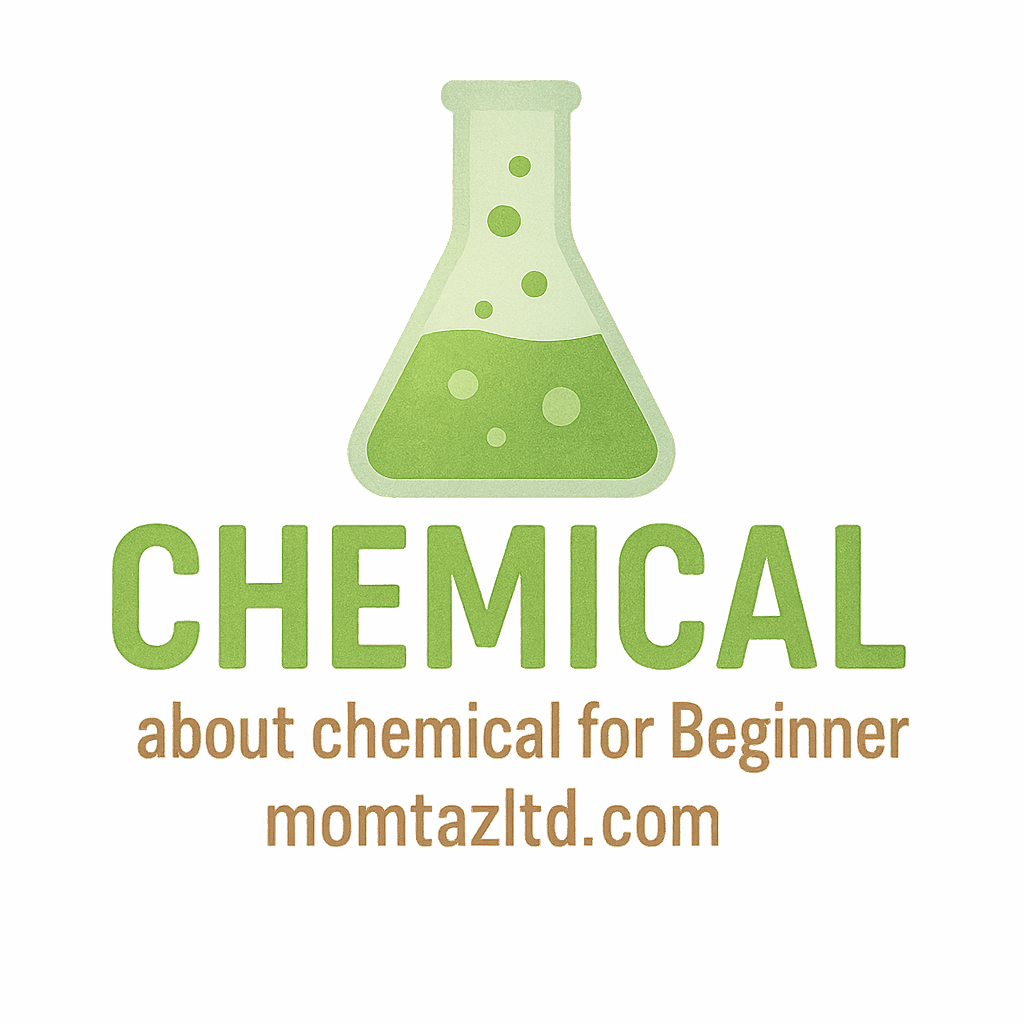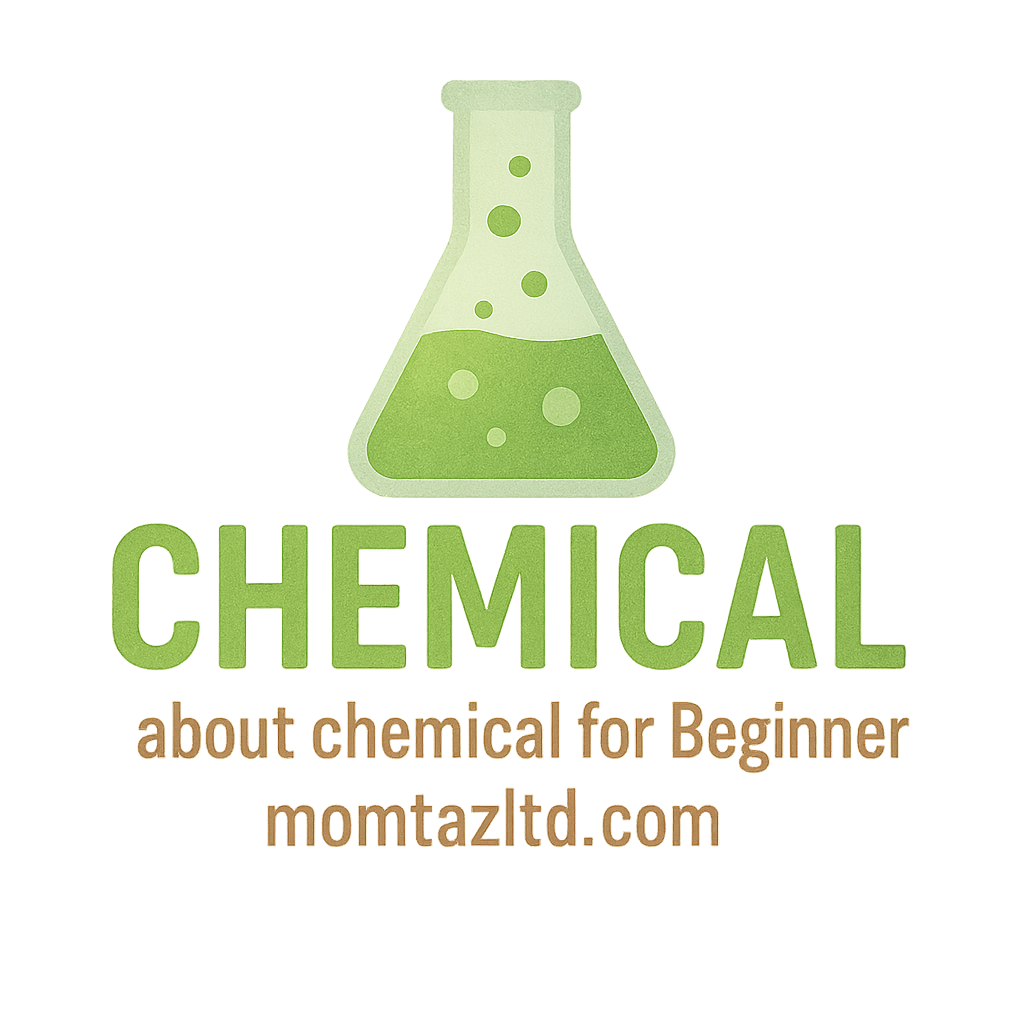As parents, we’re always looking for ways to maintain a clean and safe home, especially with little ones running around. Many traditional cleaning products can be harsh, and the safety of children often becomes a concern. The good news is that there are plenty of safe household chemicals that get the job done without compromising your kids’ safety. By using natural and non-toxic alternatives, you can keep your home spotless while ensuring a healthy environment for your children.
Let’s dive into 7 common household chemicals that are safe for kids and explore how you can incorporate them into your cleaning routine.
1. Baking Soda: A Kid-Friendly Cleaner
What is Baking Soda?
Baking soda, or sodium bicarbonate, is a natural, non-toxic substance that has been a staple in homes for decades. Known for its versatility, it can clean, deodorize, and even help with pest control, all without harming your children. You can learn more about basic chemical cleaning in this related guide.
How Baking Soda Benefits Your Home
Baking soda has a range of uses that make it an essential part of any household with kids.
- Cleaning: It’s great for scrubbing surfaces like kitchen countertops and sinks without scratching. Baking soda can even help clean oven grime, grime on stoves, and grime in bathtubs.
- Deodorizing: You can use baking soda to absorb odors in the fridge, trash bins, or even shoes.
- Safety for Kids: Non-toxic and gentle, baking soda is perfect for homes with children and pets, offering peace of mind while keeping things clean.
2. Vinegar: The All-Purpose Solution
Why Vinegar is Safe for Kids
Vinegar is one of the most popular chemicals for cleaning that’s safe for children. It’s naturally acidic, which gives it excellent antibacterial properties. Vinegar is often used to clean surfaces and remove bacteria from kitchen counters and bathrooms.
How to Use Vinegar Safely in the Home
Vinegar’s benefits extend beyond the kitchen. With the correct dilution, it can be used throughout the house.
- General Cleaning: Mix vinegar with water and use it as a versatile cleaner for countertops, floors, and windows.
- Disinfecting: It works well as a natural disinfectant to kill germs in areas like the bathroom and kitchen.
- Odor Removal: Keep a bowl of vinegar in the room to neutralize unwanted odors, keeping your space fresh and clean.
3. Castile Soap: Gentle Yet Powerful
What is Castile Soap?
Castile soap is an all-natural, plant-based cleaner made from vegetable oils, often olive oil. It’s a great alternative for household chemical care, especially for those who want to use something gentle on both their children’s skin and their home surfaces. Castile soap is biodegradable and free from harsh chemicals, making it an eco-friendly cleaning solution.
How to Safely Use Castile Soap at Home
Castile soap can be used for cleaning, as well as bathing children. Here’s how to use it:
- Bath Time: Dilute Castile soap with water for a gentle baby wash or toddler-friendly bubble bath.
- Household Cleaning: Use diluted Castile soap in a spray bottle to clean bathroom surfaces, kitchens, and even laundry.
4. Hydrogen Peroxide: A Safe Disinfectant
Understanding Hydrogen Peroxide
Hydrogen peroxide is an affordable disinfectant that’s safe for children when used properly. It naturally breaks down into water and oxygen, leaving no harmful residues behind. For more on chemical safety, check out our guide to chemical safety.

How to Use Hydrogen Peroxide Safely
When diluted, hydrogen peroxide is perfect for general cleaning and sanitizing tasks.
- Surface Cleaner: Use it to clean kitchen countertops, cutting boards, and bathrooms.
- First-Aid: Hydrogen peroxide is also handy for cleaning minor cuts and scrapes on kids, though always dilute it to avoid irritation.
5. Lemon Juice: The Natural Degreaser
Why Lemon Juice Works as a Cleaning Agent
Lemon juice, with its natural acidity, is not only great for cooking but also an excellent cleaner. It’s a safe and effective way to clean stubborn grime without using harsh chemicals. You can find more useful tips on cleaning with natural products in our related articles.
Using Lemon Juice for Everyday Cleaning
Lemon juice is incredibly effective for tough jobs around the house, and it’s safe to use near children.
- Degreasing: Lemon juice cuts through grease in the kitchen, making it ideal for cleaning stovetops and pans.
- Stain Removal: Mix lemon juice with baking soda to tackle stubborn stains on fabrics or furniture.
6. Olive Oil: Beyond the Kitchen
How Olive Oil Can Be a Safe Household Item
Olive oil isn’t just for cooking—it’s also a great way to care for wooden furniture and leather goods. As a natural product, it’s non-toxic, which makes it safe for use in a household with children.
Benefits of Using Olive Oil
- Polishing Furniture: Use olive oil to polish wooden surfaces or furniture, giving them a healthy, natural shine.
- Leather Care: Olive oil is a great way to keep leather soft and supple, perfect for shoes or even your favorite leather jacket.
7. Cornstarch: A Non-Toxic Cleaning Agent
What Makes Cornstarch Safe for Kids?
Cornstarch is an affordable, non-toxic product that can be used in a variety of household cleaning tasks. It’s especially useful for homes with young children, where safety is a top priority.
How to Use Cornstarch for Cleaning
- Carpet Cleaning: Sprinkle cornstarch on carpets to absorb grease and stains, then vacuum it up.
- Polishing: It can also be used to polish furniture or even shine up silverware.
Conclusion: Keeping Your Home Safe for Kids
Keeping your home clean and safe for your kids doesn’t have to mean using harmful chemicals. By switching to natural alternatives like baking soda, vinegar, and lemon juice, you can create a safe environment that’s both clean and healthy for your children. These non-toxic chemicals are not only effective but also easy to use and safe for your little ones.
To learn more about cleaning and caring for your household using chemical safety and eco-friendly solutions, check out other articles on our site.
FAQs
Q1: Is it safe to use vinegar and baking soda around kids?
Yes, both vinegar and baking soda are non-toxic and safe for use around children. However, ensure that your kids do not ingest large amounts of them.
Q2: Can hydrogen peroxide be used on kids’ toys?
Yes, hydrogen peroxide is safe for cleaning kids’ toys, but make sure to rinse the toys well afterward to avoid any residue.
Q3: Can I use lemon juice to clean baby bottles?
Lemon juice is safe and effective for cleaning baby bottles. Just ensure that you rinse the bottles thoroughly to remove any lemon scent.
Q4: How can I make Castile soap less soapy for kids?
You can dilute Castile soap with water to reduce the soapy consistency and make it gentler on your child’s skin.
Q5: Is olive oil safe for kids’ skin?
Olive oil is safe for kids’ skin and can even be used as a moisturizer, especially for sensitive skin.
Q6: Can cornstarch be used to clean windows?
While cornstarch is excellent for polishing and cleaning carpets, it is not recommended for windows.
Q7: How often should I use these safe household chemicals for cleaning?
You can use these chemicals as often as needed, depending on the specific cleaning task. They are safe for frequent use in a home with kids.
The article now includes the necessary internal links to Momtaz Ltd’s resources for additional information about chemical care and safety.


